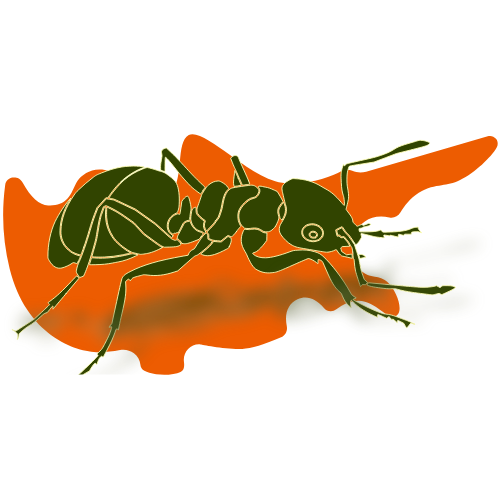Biodiversity and spatiotemporal patterns of ants in the
Akrotiri Peninsula
Project Title: DPLUS200: Biodiversity and spatiotemporal patterns of ants in the
Akrotiri Peninsula
Aim: Ants provide a range of ecosystem services but can also inflict serious
socioeconomic and environmental impacts. Throughout this fellowship native and
non-native ants will be studied at the protected Akrotiri Peninsula. Thus, increasing
our knowledge on the biodiversity, spatiotemporal patterns and impacts of biological
invasions through citizen-science and material surveys.
Goals:
1.Provide a baseline of ants in the Akrotiri Peninsula to enhance scientific
research around region’s the fauna. This will be achieved by conducting
structured monthly surveys across man-made and natural habitats in Akrotiri
Peninsula to assess the impacts of land-use and biological invasions on ant
communities. In addition, the biodiversity and spatiotemporal patterns of
native and non-native ants will be deciphered.
2.Raise public awareness, pool, supplement, and summarize our knowledge of
the ant fauna of Cyprus by creating an online information portal about the
“Ants of Cyprus”.
3.Establish and promote a citizen-science recording scheme “Antovreis” for the
collection of ants by citizen-scientists. During the fellowship, the project will
raise awareness on the ecological significance of ants, their role as household
pests and biological invasions of non-native ants. Through this project,
species richness, biological invasions and impacts of INNS as household
pests will be investigated.
Duration: 1 st July 2023 – 30 th June 2025
Location: Cyprus, Western Sovereign Base Area of Akrotiri
Funded by: Darwin Plus
Coordinating partner: Enalia Physis Environmental Research Centre
Direct partners: Enalia Physis Environmental Research Centre; Joint Services Health Unit Akrotiri SBA, UK Centre of Ecology and Hydrology; Department of Biodiversity and Evolutionary Taxonomy, University of Wrocław, Poland; Department of Biology, Faculty of Zoology and Marine Biology, National and Kapodistrian University of Athens, Greece (NKUA); Ecology and Biodiversity Laboratory, Department of Biological Sciences, Faculty of Pure and Applied Sciences, University of Cyprus


Recent Comments